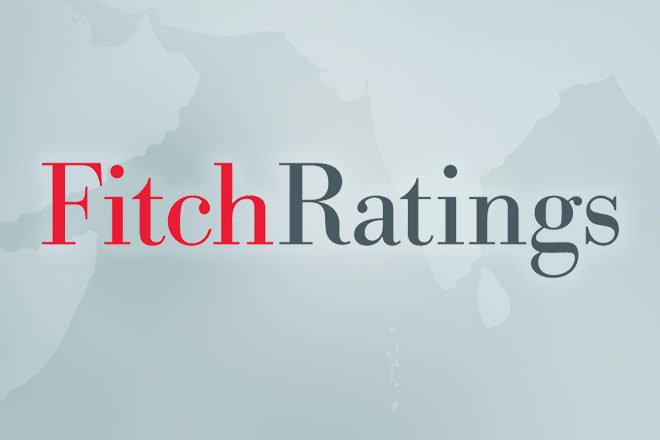The Sri Lankan government’s proposal to introduce new one-off as well as recurring taxes on companies will likely constrain the near-term profitability of some insurers, Fitch Ratings says.
However, we expect the proposals to have only a limited impact on most insurers' capital positions because of their sound capital buffers accumulated before and during the Covid-19-led lockdowns in the country. The government’s 2022 budget presented on 12 November 2021 introduced a 25% one-off tax on companies with a taxable income over LKR2 billion for the fiscal year ended 31 March 2021.
The agency believes that Sri Lanka Insurance Corporation Limited (CCC+/AA(lka)/Stable) and potentially National Insurance Trust Fund Board (A+(lka)/Stable) may need to pay the one-off tax as they have larger pre-tax profit bases among Fitch-rated Sri Lankan insurers. Taxable income of the remaining Fitch-rated Sri Lankan insurers will likely fall below the LKR2 billion threshold. If the authorities decide to use group or consolidated taxable income as the basis to calculate the tax, the taxable income of some insurers that are subsidiaries of larger parent companies could be considered in the calculation of the one-off tax.
Nevertheless, in spite of taxation, we believe that the capital positions of most insurers will remain satisfactory as their capital buffers were strengthened, especially helped by the low motor and medical insurance claims following lockdowns and insurers' high retention of profits in 2020. Fitch believes that the government’s proposed introduction of the 2.5% social security contribution on annual turnover exceeding LKR120 million will narrow the profit margins of insurers in the nearterm.
However, we think the burden will gradually be transferred to policyholders through price revisions. It remains unclear if insurers will be liable to pay the value added tax (VAT) on financial services, which is subject to a proposed one-time increase to 18% from 15% under the 2022 budget. Most Sri Lankan insurers previously appealed against paying VAT on financial services with the view that the VAT Act does not specify insurance companies as liable.
If imposed, the impact of this tax on nearterm profit margins will be more pronounced as companies are not allowed to pass the increase in the VAT to customers. In addition to the tax proposals, the government announced that it plans to impose a fee on vehicles involved in accidents and allowing policyholders to be reimbursed for this fee by insurers.
Insurers will likely price the additional risks in their motor insurance policies, although changes to policy terms may be required as penalty charges or fines are generally excluded from the motor insurance policy coverage. Still, the penalty charge and the nature of traffic accidents on which a fee will be imposed remain unclear and are yet to be determined. We also expect the potential influx of new motor vehicles into the market, following the government’s decision to release vehicles that are currently held in customs due to non-payment of taxes, to be insufficient to result in a material recovery in motor insurance policy volumes.
Fitch believes that the government’s ban on motor-vehicle imports will remain, at least in part, over the near term and most insurers are likely to continue to seek opportunities to diversify their products into non-motor insurance lines.

